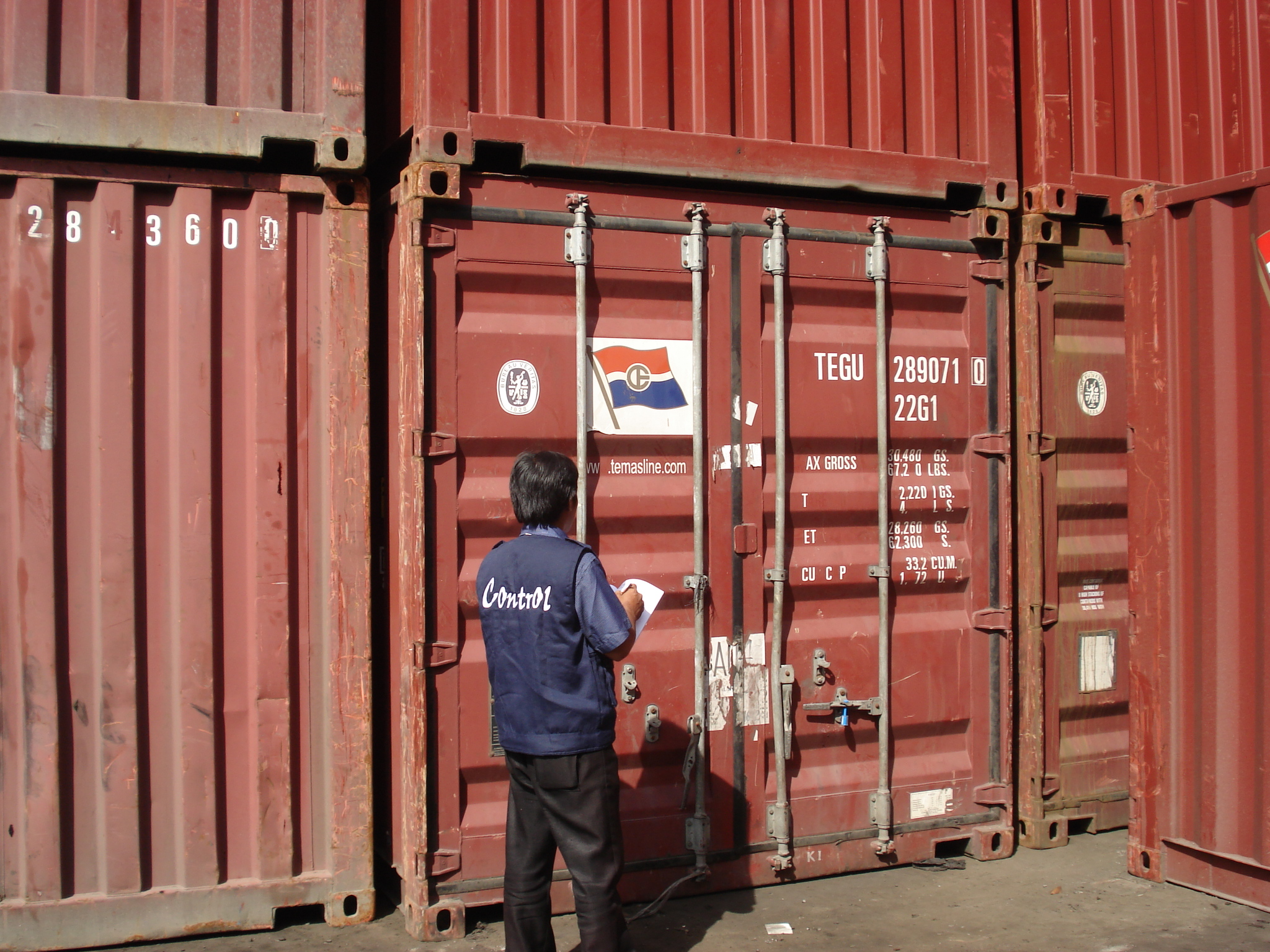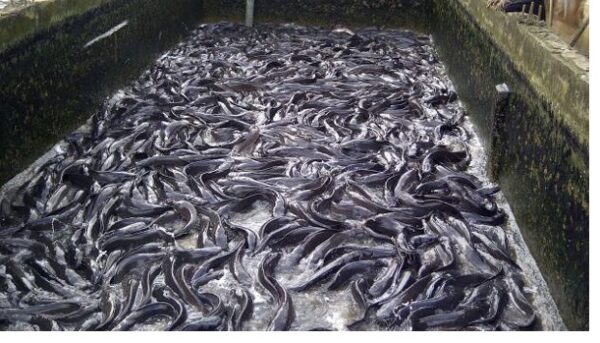Guidelines For Obtaining Export Expansion Grant (EEG)
 There are guidelines for obtaining export expansion grant in Nigeria. In this week’s edition of Shippers Guide, the learning page of MMS Plus, we take you through these guidelines.
There are guidelines for obtaining export expansion grant in Nigeria. In this week’s edition of Shippers Guide, the learning page of MMS Plus, we take you through these guidelines.
The export Expansion Grant scheme is a very vital incentive required for the stimulation of export oriented activities that will lead to significant growth of the non-oil export sector.
The Federal Government is committed in its efforts to bring about tremendous growth in non-oil exports and is resolved to enhance efficiency, transparency and accountability in the administration of the key incentive for non-oil export development. The “Export Expansion Grant EEG” is therefore, a policy tool to further this objective.
The use of incentives supports the NEEDS objective of mainstreaming businesses that are currently operating in the informal sector. It is also in line with the NEEDS requirements that companies desiring to receive benefits from the government will have to comply with the laws of the country.
The government in reviewing the scheme set out the following guidelines:
GUIDELINES:
1. Incentives Rate:
The Scheme would operate the Weighted Eligibility Criteria” in assessing applications for EEG. The baseline data as supplied by individual applicant company would be used in its assessment. Thus the method of assessment is “company specific.” A company’s EEG assessment would be conducted once yearly and the determined rate will apply throughout the year. The Weighted Eligibility Criteria has three bands: 30%, 15% and 10%. The following template will be used in assessing the incentive rate of every EEG applicant.
Exporters whose activities/products fall into more than one category shall have their EEG rate for each different category determined by the application of their eligibility criteria score to the appropriate activity/product score table for EEG rates. The rates then determined are applied to appropriate NXPs.
Please note that:
(i) Each different activity/ product type is to be exported using different NXPs.
(ii) For the transition period for exports made under MEIBS, all exports with Bill of lading dated 1st July 2005 shall be eligible for EEG as per the rates applicable under the above guideline
2. Eligibility:
(i) An exporter must be registered with the Nigerian Export Promotion Council (NEPC)
(ii) An eligible exporter shall be a manufacturer producer or merchant of products of Nigerian origin for the export market (i.e. the products must be made in Nigeria).
(iii) An exporter must have a minimum annual export turnover of N5 million and evidence of repatriation of proceeds of exports.
(iv) An exporter-company shall submit its baseline data which includes audited Financial Statement and information on operational capacity to NEPC.
3. Validity for EEG Application.
Qualifying export transaction must have the proceeds fully repatriated within 180 days, calculated from the date of export and as approved by the EEG Implementation Committee
4. Documentation:
All applications for Export Expansion Grant EEG to NEPC must be completed in duplicate with the following documents attached.
1. Import documents (if the raw materials are imported)
(i) CRI
(ii) Bill of Lading
(iii) SGD
(iv) ASYCUDA Print Out
(v) Final Commercial Invoice
(vi) Receipt of Payment of import duty and other charges.
2. Export Documents
(i) NEPC non-oil Export Certificate
(ii) Clean Certificate of Inspection (CCI) to include quality certification;
(iii) Forms NXP duly certified by processing bank; Nigeria Customs Service and the Pre-shipment Inspection Agents;
(iv) Single Goods Declaration (SGD) Forms, duly endorsed by Nigeria Customs Service, both at front and back;
(v) Final Commercial Invoice;
(vi) Bill of Lading;
(vii) Evidence of full repatriation of export proceed (CBN confirmation of repatriation of proceeds by exporter);
(viii) Certificate of Manufacturer;
(ix) Any other documentation as may be required by NEPC from time to time.
5. Negotiable Duty Credit Certificate (NDCC):
The NDCC shall be used for the payment of import & excise duties only.
6. Company Visits
Company visits shall be incorporated into a programme for validation of information submitted by the exporters and impact assessment of the scheme. The programme will include a first visit to validate financial as well as operational information at least once a year and as may be required. Impact assessment of the scheme on the Nigerian economy shall be carried out annually by external consultants, as may be determined by the Hon. Minister of Finance.
7. Implementation Committee:
i. The Implementation Committee will consist of:
(1) Nigerian Export Promotion Council (NEPC)
(2) Federal Ministry of Finance (FMF)
(3) Nigeria Customs Service (NCS)
(4) Central Bank of Nigeria (CBN)
(5) Federal Ministry of Commerce
(6) Federal Ministry of Industry
(7) Special Adviser to the President (Manufacturing and Private Sector).
The implementation Committee shall meet monthly to consider processed applications and make recommendations to the Hon. Minister of Finance for approval, and subsequent issuance of NDCC by NEPC.
8. Inter-Ministerial Committee
There shall be an inter-ministerial Committee to review the activities of the EEG Scheme. The Committee shall meet twice a year. Membership includes all members of the Implementation Committee and representatives of the Ministry of Agriculture, Trade Malpractices Committee and Economic and Financial Crime Commission (EFCC).
9. Administration of EEG:
The EEG Scheme shall be domiciled in NEPC and administered in conjunction with the Implementation Committee. The list of applicants to whom NDCC have been issued shall be forwarded to the Federal Ministries of Finance and Commerce monthly.
10. Outstanding Claims
All outstanding claims in respect of transactions between the suspension of the scheme and its subsequent lifting will be processed under the old EEG Scheme Rate (i.e. exports made with Bill of lading dated on or before 31st December, 2004)
11. Violation of Guidelines:
Any violation of these guidelines by any claimants shall be handled by the Presidential Committee on Trade Malpractices and Economic and Financial Crimes Commission in conjunction with members of the Implementation Committee.
NOTE:
1. EXPORT CERTIFICATE is required on each consignment for all categories of export whether or not an exporter is eligible for the Export Expansion Grant. The certificate is obtainable from NEPC offices throughout the Federation. FREE OF CHARGE (upon the submission of the pre-shipment documents.
2. DOUBLE DIPPING into government industrial incentives will not be allowed. (i.e. beneficiaries of EEG are prohibited from enjoying other industrial incentives e.g. Manufacturers Export In-bond Scheme)








